| Type | Standard / Implementation Specification | Standards Process Maturity | Implementation Maturity | Adoption Level | Federally required | Cost | Test Tool Availability |
|---|---|---|---|---|---|---|---|
|
Standard
|
Final
|
Production
|
Yes
|
Free
|
N/A
|
||
|
Standard
|
Final
|
Production
|
Yes
|
Free
|
Yes
|
||
|
Standard
|
Final
|
Production
|
Yes
|
Free
|
N/A
|
| Limitations, Dependencies, and Preconditions for Consideration |
Applicable Value Set(s) and Starter Set(s)
|
|---|---|
|
|
Comment
Submitted by Ashley_Ashworth_OHA on
Oregon Health Authority ISA Comments
Oregon has implemented standards for the collection of Race, Ethnicity, Disability, and Language (REALD). State legislation in 2013 (HB 2134) required OHA and the Oregon Department of Human Services (ODHS) to develop standards in all programs that collect, record, or report demographic data. It is critical to collect these data in a consistent and standardized manner to assess how racism impacts community and individual health. While we aim to align state standards to national standards where possible, specific to race and ethnicity, the CDC v1.0 standard is not inclusive enough and is missing two races that are collected, recorded, and reported in Oregon – Somali and Slavic. We are unclear on the pathway to recommend changes to the CDC standard and if approved the time for the standard to be updated. We encourage ONC to deploy a clear path and forum for states to use when updates to national standards for demographics data are needed.
Submitted by Spruitt ![]() on
on
Changes to the CDC Standard on Race and Ethnicity
ONC continues to work with our federal partners on refining standards related to demographic data. This is an area that will continue to evolve over time.Submitted by pwilson@ncpdp.org on
NCPDP Comment
- Reporting of race using the Centers for Disease Control (CDC) PHIN Vocabulary Access and Distribution System (VADS) is supported in the SCRIPT Standard Version 2017071.
- Link: http://phinvads.cdc.gov/vads/ViewValueSet.action?id=66D34BBC-617F-DD11-B38D-00188B398520#
Submitted by cmcdonald on
Difficult to know what the…
Difficult to know what the CDC specification is: I could find no enumeration of the possible codes in the proposal. This makes it hard to know what is intended and why. Something clearer should be produced before asking respondent to comment. The current OMB is clear regarding the top 5 and the extension The proposal has a lot of content regarding options for entering more than one race (but thought that capability was available in current race specification).
Submitted by gdixon on
What Use Case Does LOINC Support?
What use case does LOINC support that is not currently supportable with existing implementations? We are concerned about adding additional complexity for implementing an additional value set that does not align.
Submitted by kwboone on
This is good.
This is good.


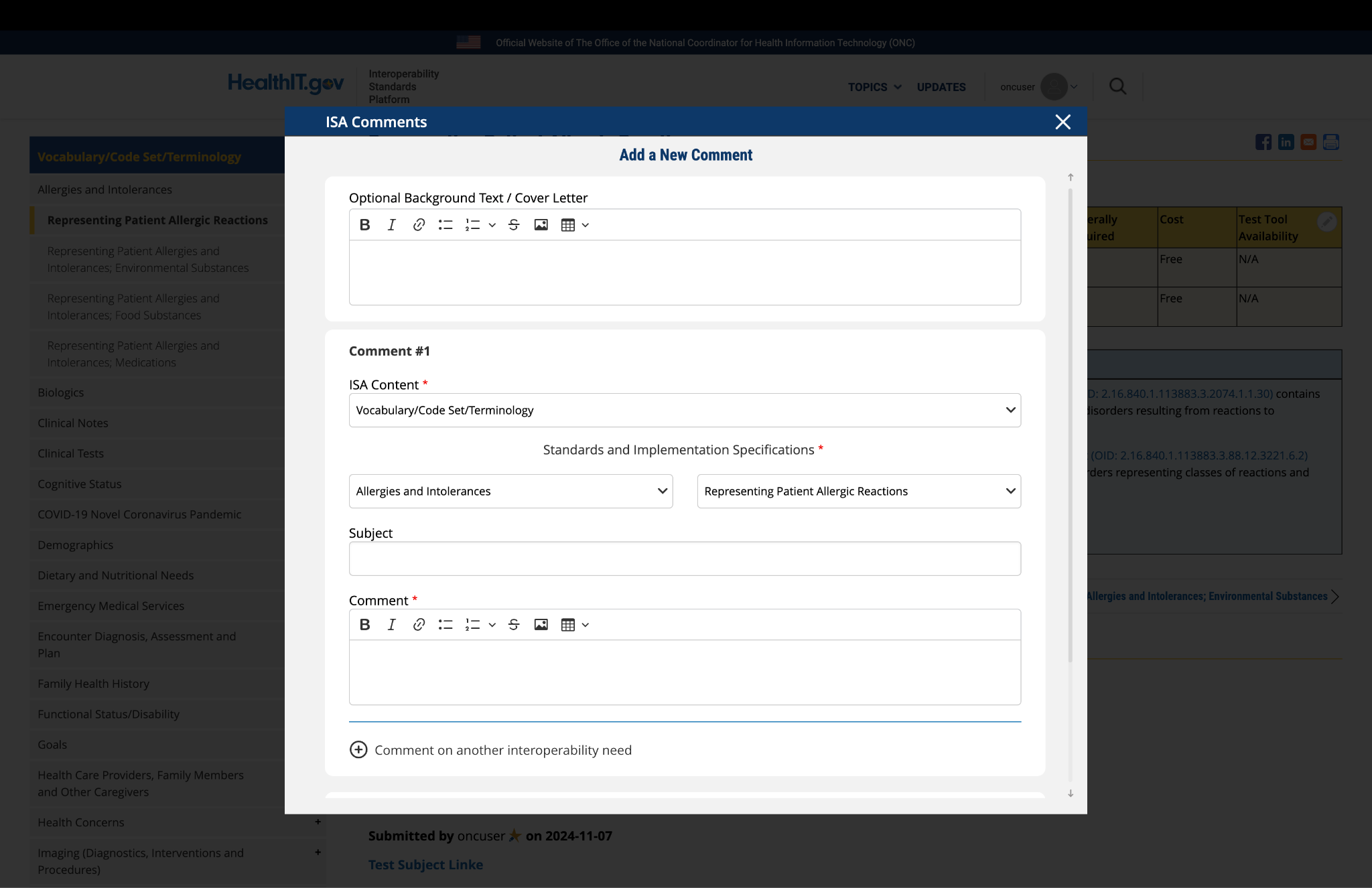

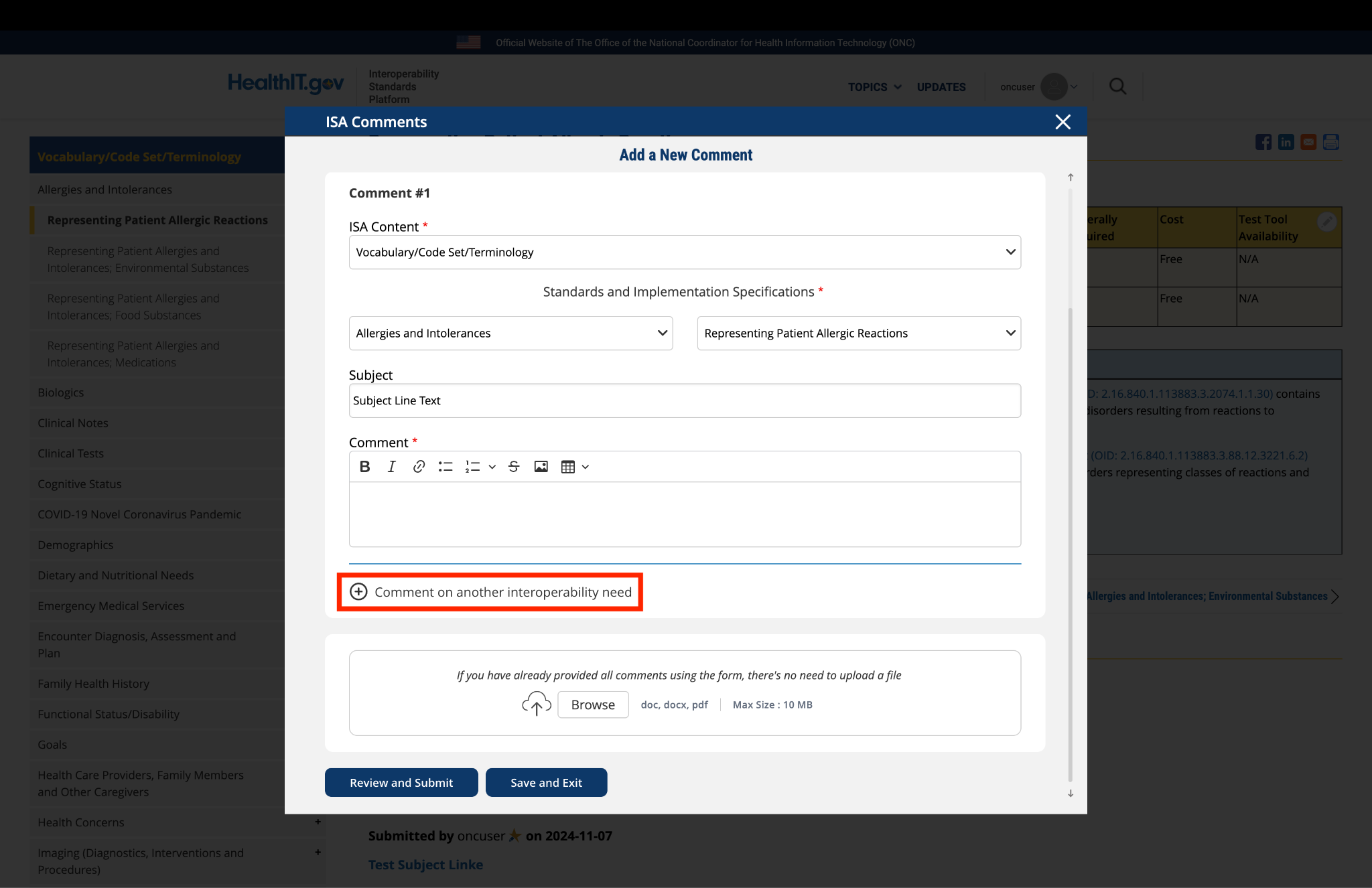
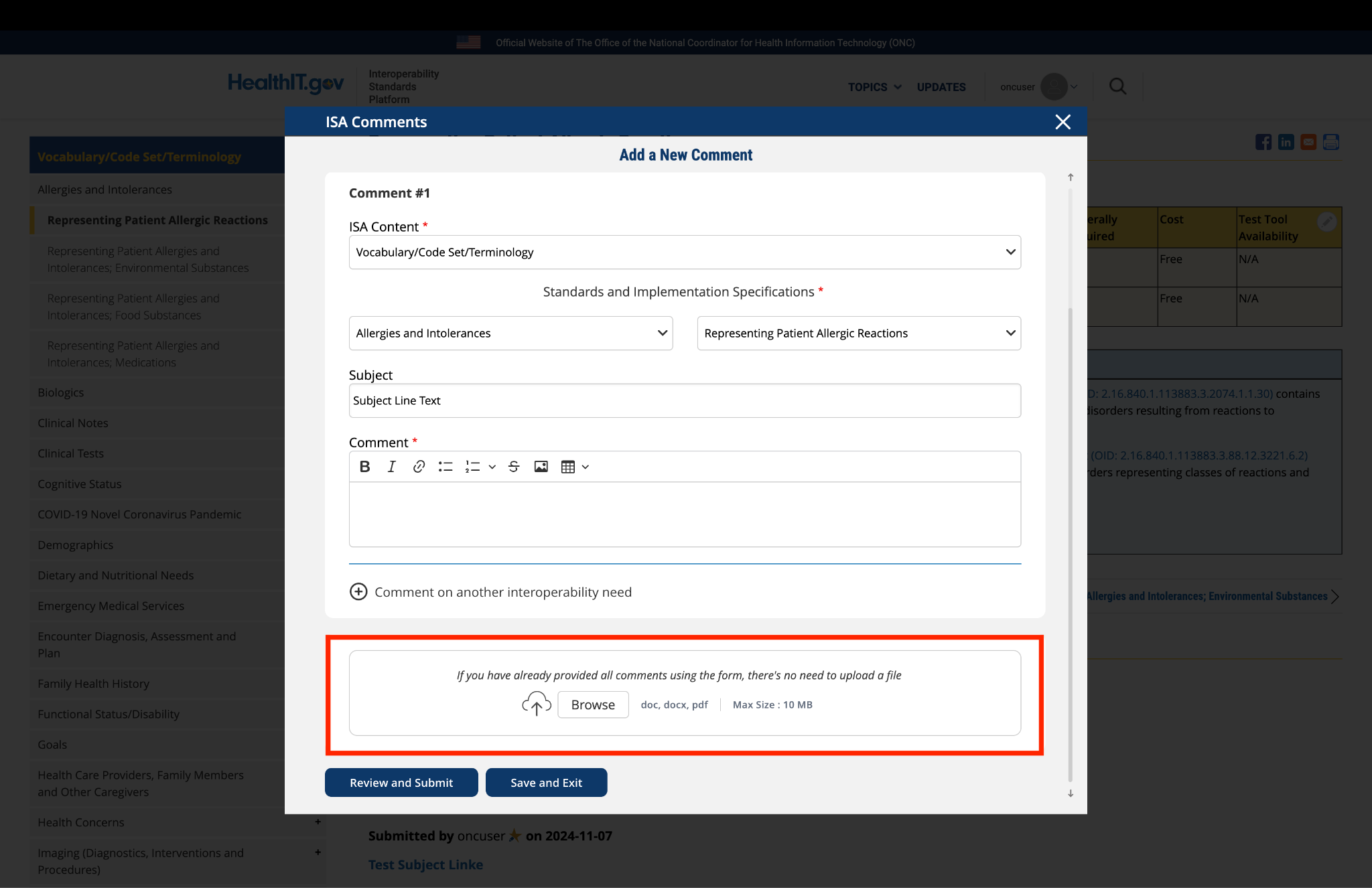
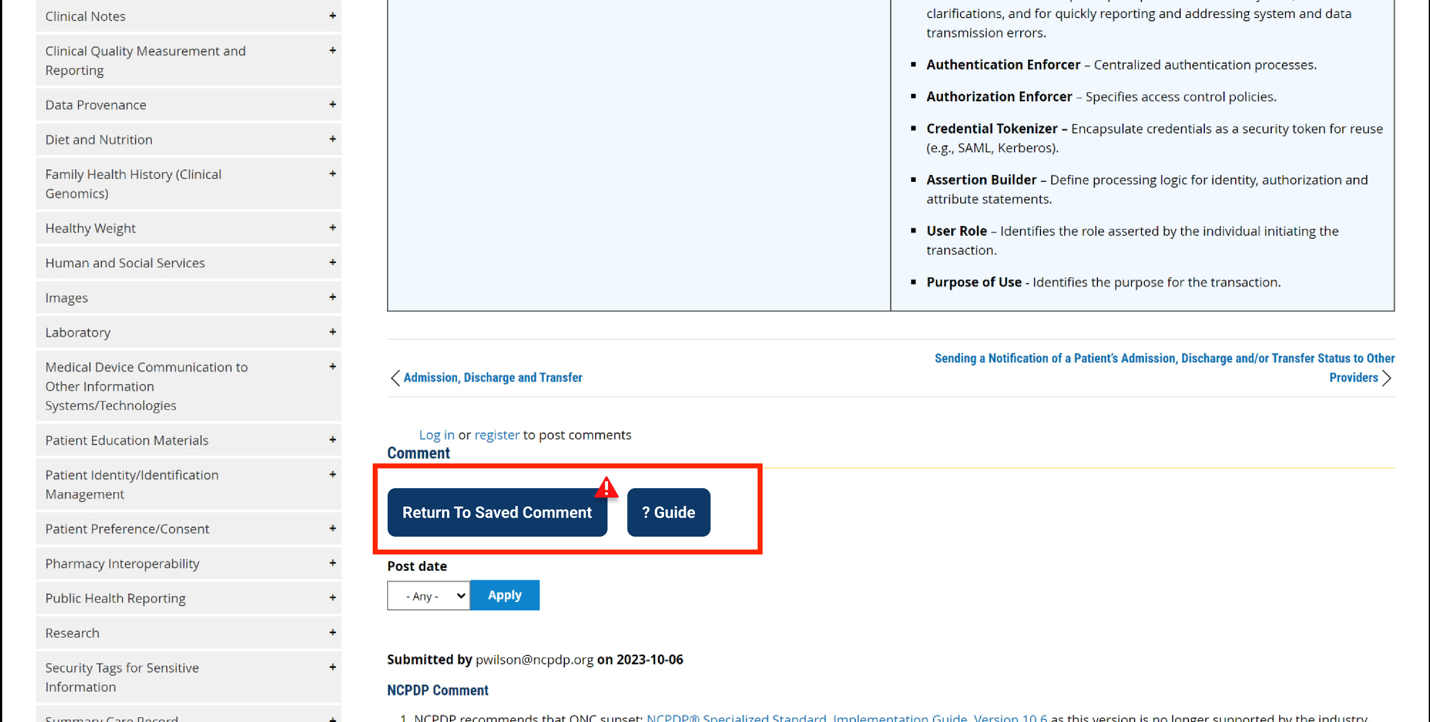
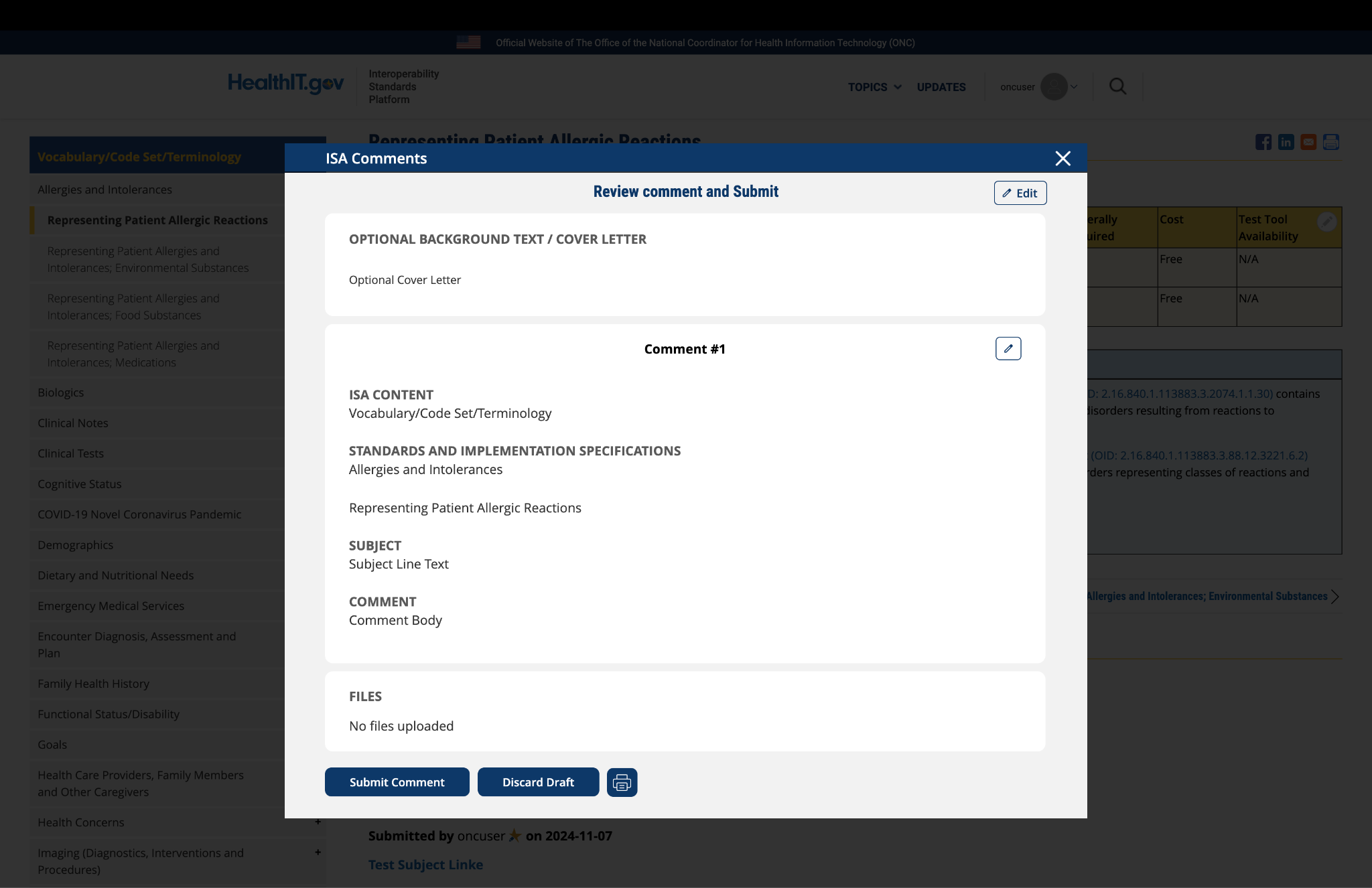
Submitted by mbkurilo@immre… on
AIRA Comments on Race and Ethnicity
AIRA would welcome and encourage ONC’s coordination and/or leadership in determining what value set should be used for “flavors of null” or “Data absent reasons” for race and ethnicity data. AIRA and other organizations can then encourage and support all systems in adopting those codes (and all work together via the ISA to expand those codes as necessary). Through our Standards and Interoperability Steering Committee (SISC), we have discussed recommending the following codes of UNK (unknown), ASKU (asked but unknown) and PHC1175 (refused to answer), but this draft attempt is not yet final due in large part to the number of groups simultaneously working to better define a standard in this area.
AIRA recognizes that we are one of many groups grappling with race and ethnicity codes currently, and we would be happy to participate in a larger process to ensure the race and ethnicity data captured is accurate, consistent, complete, and timely, so that it can be used to address health disparities and ensure equity across the public and private health care system.